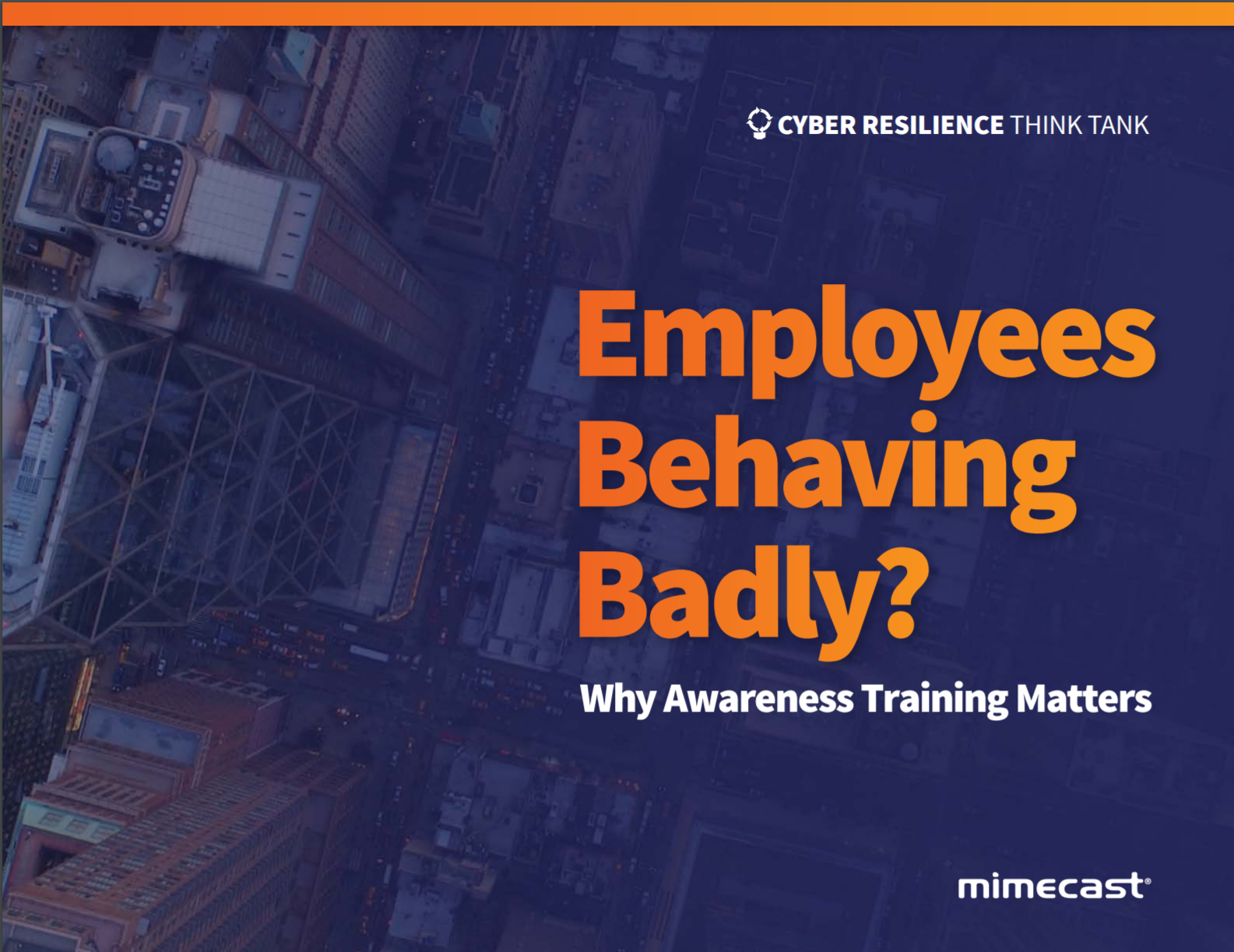Working from home has created an "overtime epidemic"
Autonomy report calls for the Employment Rights Act 1996 to be amended to ensure workers have the 'right to disconnect'


Working from home during the pandemic has caused an "epidemic of hidden overtime", the Autonomy thinktank has warned.
The organisation's latest report proposes drafting legislation that would create a "right to disconnect", which stipulates employees do not have to take calls or respond to emails related to work during their time off.
Autonomy is calling for amendments to be made to the Employment Rights Act 1996 to ensure workers have the right to fully switch off from all work communications beyond their scheduled hours and to bring employment tribunals for any breach of that stipulation.
"Modern workplaces and homes are digital spaces," the report states. "The fact that we are able to send and receive messages, emails, and online content twenty-four hours a day, seven days a week means that it is increasingly hard to disconnect, enjoy our leisure time and develop a healthy work-life balance.
"This has created an epidemic of 'hidden overtime', where workers never quite 'switch off' and continue to do bits of work throughout the evening and weekend. Being 'switched back on' by an employer after the working day has finished differs from standard overtime, whereby a worker is usually required to 'stay on'. Instead, a call from an employer - and the response it requires - expands the working day fragment by fragment, meaning the worker is never quite 'off'."
The report suggests that this has been a growing problem for a number of years but it has been "exacerbated" by the pandemic and the mass switch to remote working.
It highlights another study by the National Bureau for Economic Research that claims the number of meetings per person has increased by 12.9% over the last 18-months. The length of those meetings had actually gone down, on average, but overall the working day had consistently been extended by an average of 49 minutes, largely attributed to a greater number of emails being sent after standard business hours.
Get the ITPro daily newsletter
Sign up today and you will receive a free copy of our Future Focus 2025 report - the leading guidance on AI, cybersecurity and other IT challenges as per 700+ senior executives
RELATED RESOURCE

The enormous rise in overtime has come with the additional burden of poor mental health; by the end of 2020, the prevalence of mental distress among workers was 49% higher compared to 2017-19 and had increased across all major sectors, the report states.
The issue is particularly concerning for women, who are far more likely to shoulder the additional burden of childcare, housework and care for elderly family members, according to the report.
Bobby Hellard is ITPro's Reviews Editor and has worked on CloudPro and ChannelPro since 2018. In his time at ITPro, Bobby has covered stories for all the major technology companies, such as Apple, Microsoft, Amazon and Facebook, and regularly attends industry-leading events such as AWS Re:Invent and Google Cloud Next.
Bobby mainly covers hardware reviews, but you will also recognize him as the face of many of our video reviews of laptops and smartphones.
-
 AI is helping bad bots take over the internet
AI is helping bad bots take over the internetNews Automated bot traffic has surpassed human activity for the first time in a decade, according to Imperva
By Bobby Hellard
-
 Two years on from its Series B round, Hack the Box is targeting further growth
Two years on from its Series B round, Hack the Box is targeting further growthNews Hack the Box has grown significantly in the last two years, and it shows no signs of slowing down
By Ross Kelly
-
 IT professionals aren’t budging on flexible work demands – and more than half say they’ll quit if employers don’t meet expectations
IT professionals aren’t budging on flexible work demands – and more than half say they’ll quit if employers don’t meet expectationsNews Analysis from Randstad shows 40% of UK-based IT pros have quit over a lack of flexible work options, while 31% of workers globally have done the same.
By Ross Kelly
-
 'The tide seems to be turning towards office attendance': 64% of hybrid business leaders want staff back in the office – but many worry that enforcing RTO mandates will drive employees away
'The tide seems to be turning towards office attendance': 64% of hybrid business leaders want staff back in the office – but many worry that enforcing RTO mandates will drive employees awayAnalysis Many UK business leaders want their staff back in the office more frequently, but they’re scared to implement return to office (RTO) mandates in fear of worker revolts.
By George Fitzmaurice
-
 Employees are dead set on flexible working arrangements – three quarters would turn down a role that didn't offer hybrid options as work-life balance becomes more important than pay
Employees are dead set on flexible working arrangements – three quarters would turn down a role that didn't offer hybrid options as work-life balance becomes more important than payNews New research shows workers are increasingly demanding flexible working arrangements from employers.
By Emma Woollacott
-
 Nearly half of tech workers are seeking new roles – declining employee benefits and reduced flexible working options have staff looking elsewhere
Nearly half of tech workers are seeking new roles – declining employee benefits and reduced flexible working options have staff looking elsewhereNews While salaries are rising for tech workers, other benefits are in decline, leading to a fall in job satisfaction
By Emma Woollacott
-
 Untethered: How CIOs and CISOs are paving the way for the new hybrid workforce
Untethered: How CIOs and CISOs are paving the way for the new hybrid workforceWhitepaper Effective techniques to transition from exposed legacy infrastructure to an effective zero trust strategy
By ITPro
-
 Unified endpoint management and security in a work-from-anywhere world
Unified endpoint management and security in a work-from-anywhere worldWhitepaper Learn how to converge endpoint management and security processes and systems to drive efficiency and reduce risk
By ITPro
-
 Why flexible working is critical to ensure talent retention
Why flexible working is critical to ensure talent retentionAdvertorial The changing face of flexible working will be the focal point of a webinar hosted by the Achievers Workforce Institute on July 12
By ITPro
-
 Hybrid work means we’re burning out harder and faster than ever
Hybrid work means we’re burning out harder and faster than everIn-depth Technology has fueled an always-on culture that’s turbocharged a new breed of burnout, but technology can also come to the rescue
By Sandra Vogel